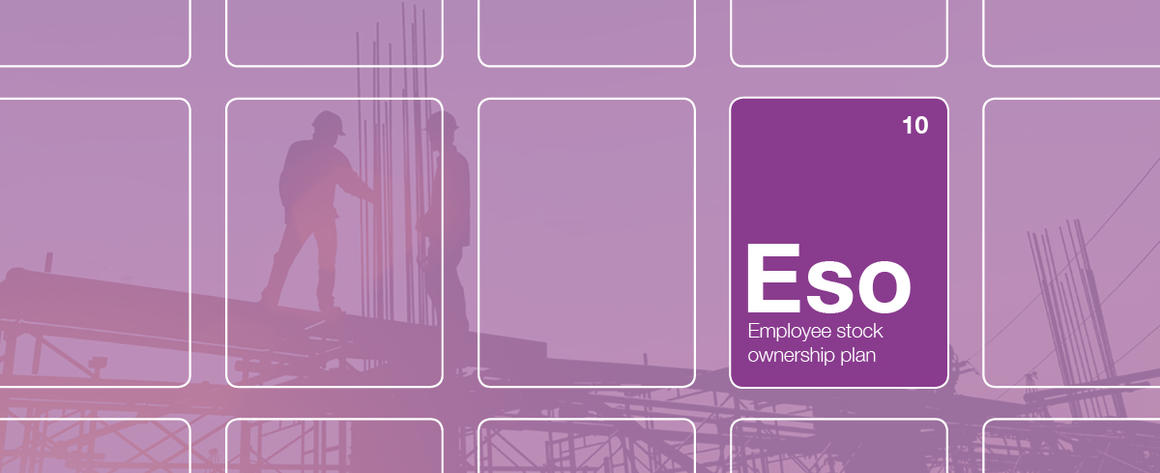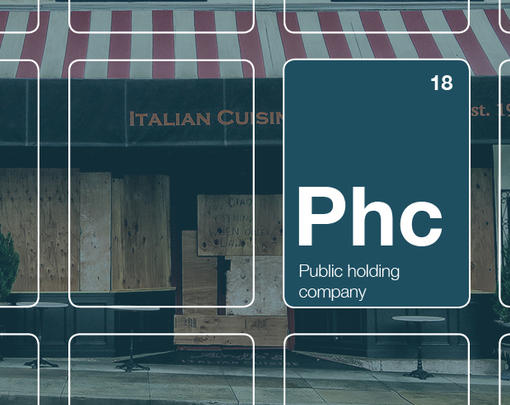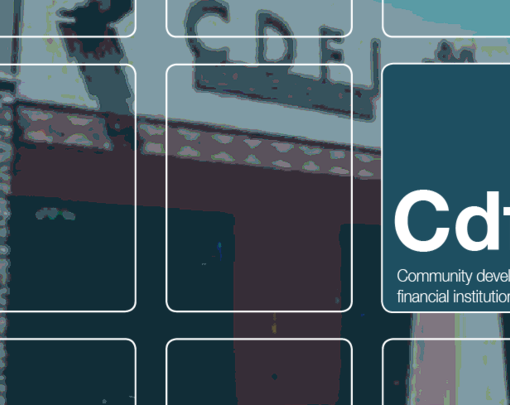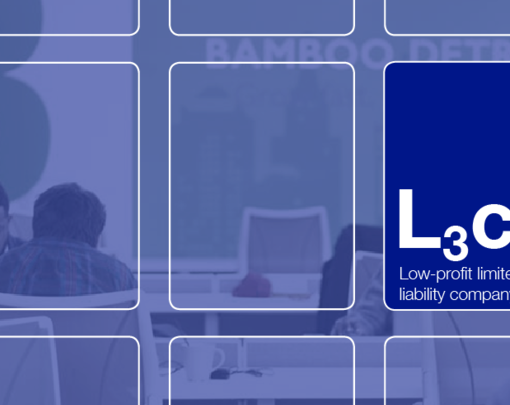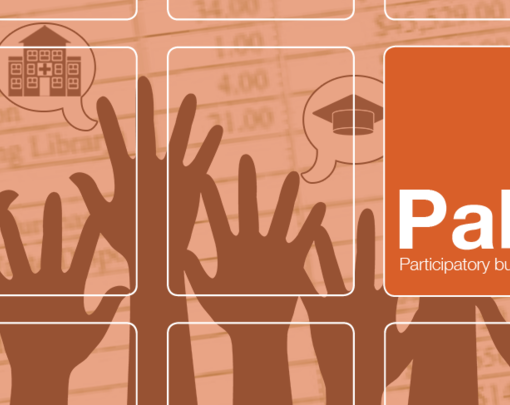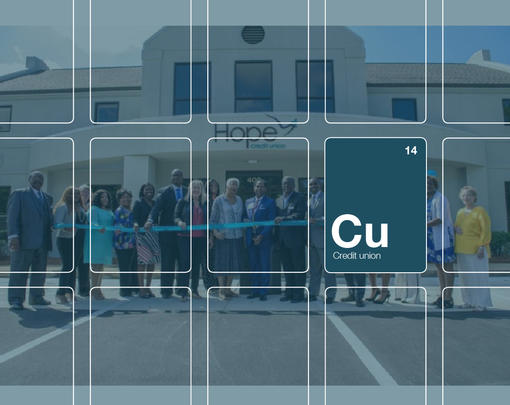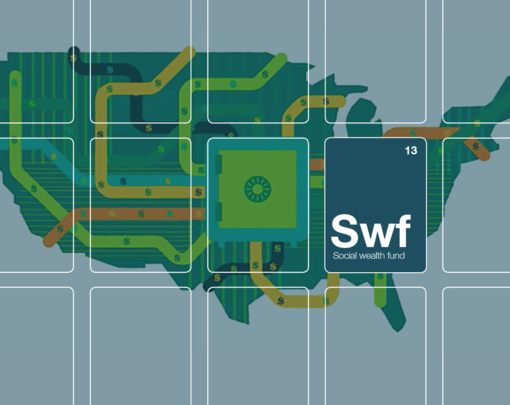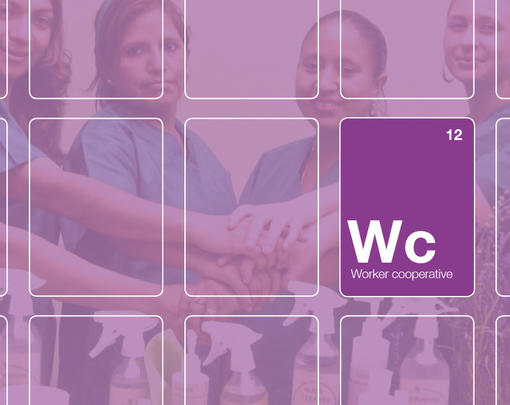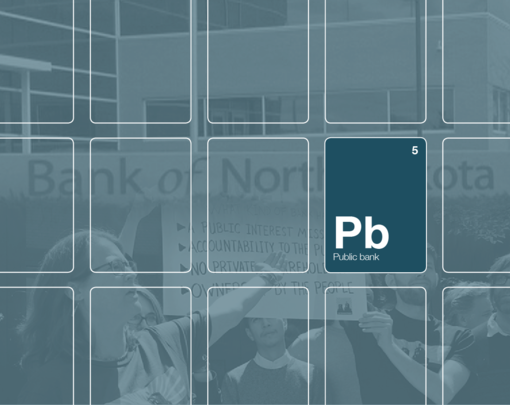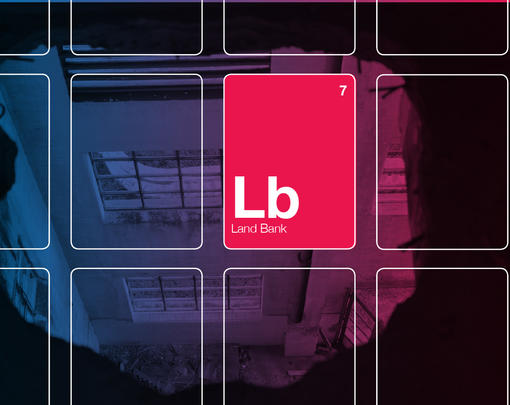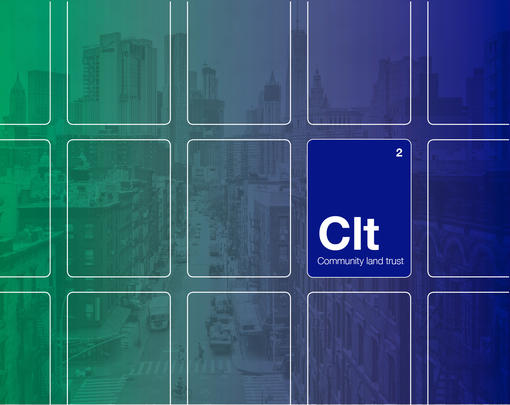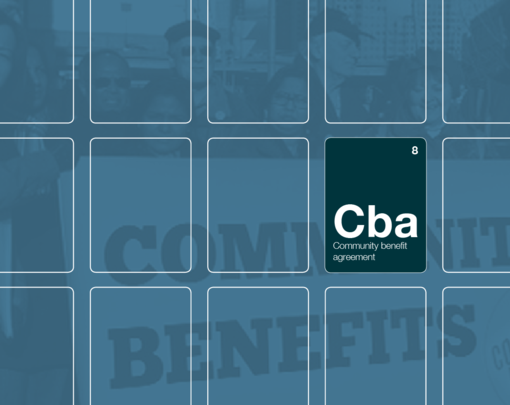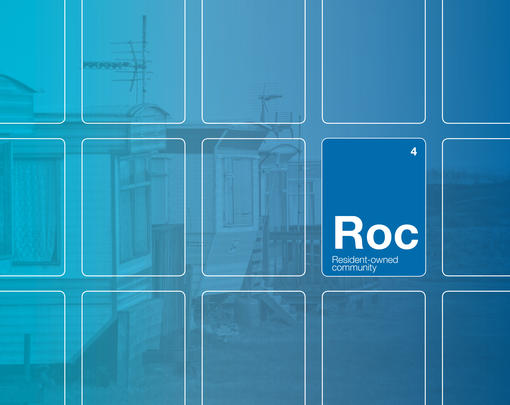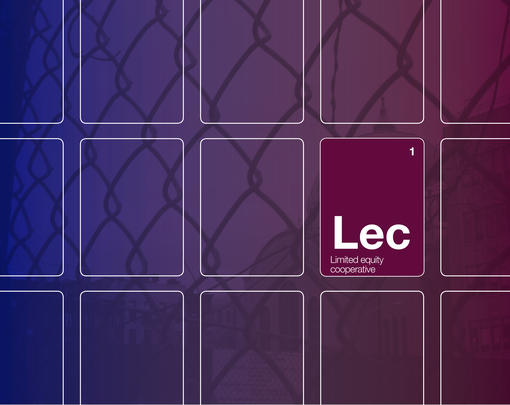Description
An employee stock ownership plan (ESOP) enables full or partial ownership of a business by its employees through a pension plan or trust.
The first ESOP was created in 1956 by a San Francisco lawyer and economist as a way to shift ownership of a long-standing newspaper from its founders to its employees. ESOPs experienced significant growth in the mid-1970s and 1980s when Congress passed legislation allowing business owners who sell to their employees to defer capital gains taxes. Today’s “silver tsunami”—the anticipated retirement of Baby Boomer-era entrepreneurs who together own more than 2.3 million businesses employing nearly 25 million people—has sparked renewed interest in ESOPs as a way for owners to ensure their businesses’ long-term viability. Across the U.S., there are currently 6,669 ESOPs holding nearly $1.3 trillion in assets and benefiting 10.8 million employee-owners, according to the National Center for Employee Ownership.
Potential Impact
ESOPs offer a way to create quality jobs that enable workers to build wealth. Employees in ESOPs on average earn 5 to 12 percent more in wages, and receive more benefits and retirement income, than their counterparts at traditional firms. During economic downturns, ESOPs have laid off 25 percent fewer workers than traditional firms. Because employee-owned businesses have greater productivity and growth, and lower failure rates, than traditionally structured firms, they also more effectively contribute to the stability and strength of neighborhood economies. Communities also benefit from ESOPs because their workforce typically lives in the same community in which the business is based; that makes them less likely to relocate or rely on practices harmful to the environment. With the imminent retirement of over 2 million U.S. businesses owners, ESOPs also hold the unique potential of saving thousands of local businesses while boosting their workers’ job quality and ensuring their previous owners’ financial security.
Transformative Characteristics
ESOPs are not controlled by absentee shareholders or others disconnected from the life-blood of a business—its workers. Many ESOPs provide opportunities for workers to participate in decision-making processes, a factor linked to increased job satisfaction as well as higher business profits and productivity. As ownership is vested in workers who often reside in the community, the model inherently fosters greater community control of local assets. ESOPs also benefit from a range of tax incentives that enable ESOP-owned businesses to have more resources available to invest in the growth and success of the enterprise and make ESOPs an attractive way for owners who want to exit their business to aid the rapid scale-up of employee ownership in the economy. That, in turn, enables employees to build lasting wealth through ownership of the company that is prospering through their labor.
Examples
Recology
Recology is a 100 percent employee-owned company dedicated to both environmental and community sustainability. It has roughly 3,200 employee-owners and $1 billion in annual revenues. The company provides integrated waste services—including waste collection, recycling, composting, commodity sales, and outreach/education—to people living in 132 municipalities across California, Oregon, and Washington. It is committed to a “zero-waste” approach, finding ways to use waste products in ways that benefit the environment and limiting the use of landfills to materials for which no use has yet been found. Recology invests in alternative energies, water recycling infrastructure, landfill gas management systems, and routing efficiency software. Because of its commitment to the communities it serves, Recology strives to hire locally, purchase local goods and services, and support community development programs.
McCarthy Building Companies, Inc.
Founded in 1864 and headquartered in St. Louis, McCarthy Building Companies is one of the nation’s oldest privately owned construction firms. Having completed $7.6 billion in green construction projects, the 100 percent employee-owned firm is considered one of the top 20 green builders in the nation. In 2018, McCarthy was also ranked as the seventh largest solar contractor in the nation for its work installing 10 systems with a total capacity of 370,000 kilowatts in communities across the U.S. Today the company has more than $3.5 billion in annual revenues, 3,700 employees, and 16 offices located across the country. Committed to its employee-owners, McCarthy has a nationally-recognized training program and has been repeatedly honored as a “best place to work” and “healthiest employer.”
Challenges
ESOPs remain a model with which most business owners are not familiar. Owners, particularly those nearing retirement, need significant education to help them recognize the benefits that selling to employees offers. The cost of setting up and administering an ESOP—estimated at around $50,000—is often cost-prohibitive for businesses with fewer than 30 employees. Without proper safeguards, an outsider can offer to buy ESOP shares, and the board’s fiduciary responsibilities may render it powerless to reject the offer. Finally, while setting up an ESOP provides a key alternative to absentee capital ownership of the workplace, it does not automatically by itself make a workplace more democratic in its decision-making.
More Resources
- National Center for Employee Ownership, a nonprofit, provides information on ESOPs.
- Fifty by 50, a Democracy Collaborative initiative to create 50 million employee-owners by 2050.
Download and Share

